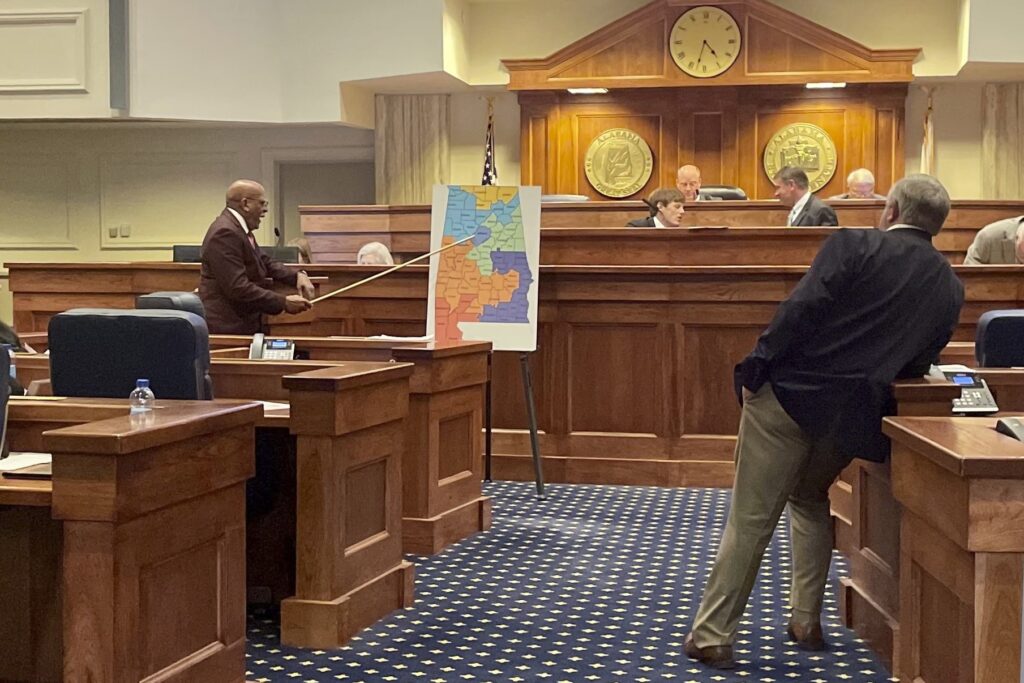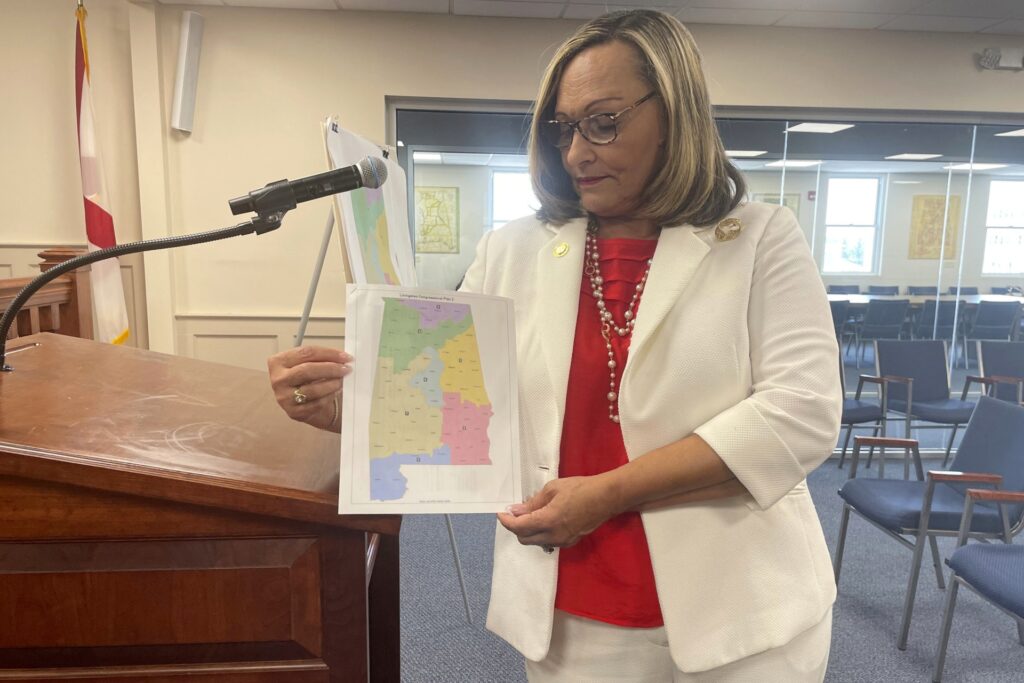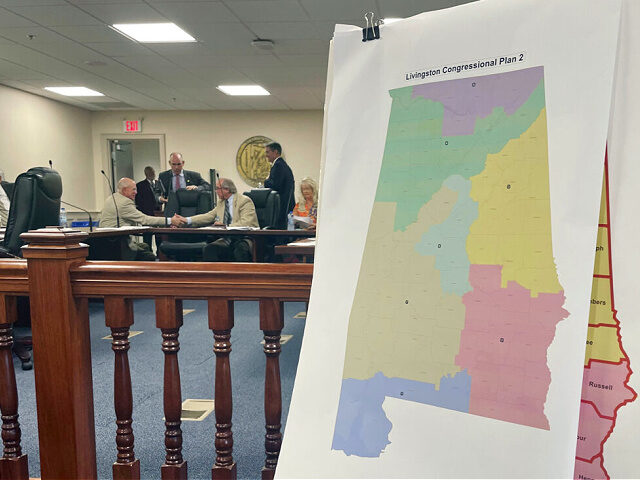WASHINGTON, DC – The Supreme Court rejected Alabama’s redistricting plan for congressional seats a second time on Tuesday by a unanimous vote, suggesting the justices might have regarded this map as defiance against the Supreme Court’s previous 5-4 decision against a similar map.
Section 2 of the Voting Rights Act (VRA) prohibits any state laws that amount to “a denial or abridgment of the right … to vote on account of race.” But the court’s 5-4 decision in June in Allen v. Milligan in interpreting those words deeply disappointed conservatives.
That is because, for decades, courts have applied the so-called “Gingles factors” to determine if a state law violates Section 2. But those factors assume that black Americans will vote for Democrats as a monolithic bloc, along with other race-based assumptions, and so sorts voters into congressional districts on the basis of race.
Conservatives have long argued that these race-based assumptions violate a core promise of the Equal Protection Clause, that Fourteenth Amendment of the Constitution requires government to be colorblind..

Alabama state Sen. Rodger Smitherman discusses a redistricting proposal during a debate at the Statehouse in Montgomery, AL, on Wednesday, July 19, 2023. (AP Photo/Kim Chandler)
But a one-vote majority on the Supreme Court refused to overrule Gingles, with Chief Justice John Roberts and Justice Brett Kavanaugh siding with the three liberal justices, saying that stare decisis principles of adhering to past precedent meant the court should not revisit the issue.
Justice Thomas’s dissent in the case captured the disappointment of conservatives, beginning with: “These cases are yet another installment in the disastrous misadventure of this Court’s voting rights jurisprudence.”
Under Gingles, two of Alabama’s seven congressional seats should thus include enough black voters to elect Democrats — again, based on the racial theory that black citizens will largely vote for a particular party. But Alabama’s map had only one such district, and so the court struck down Alabama’s map.
The Alabama legislature then convened and drew a new map. However, that map was drawn in a way that a trial court held would still only produce one House seat that would go Democrat.
The Alabama attorney general asked for the Supreme Court to stay the lower-court decision until the Supreme Court could decide whether to take the case.
The Supreme Court refused to grant that stay. However, this time, the vote was unanimous.
There is more than one explanation for the unanimous vote, but none look good for the Cotton State. One explanation is that the Supreme Court is just waiting for a formal petition for certiorari down the road and would, at that time, consider taking up this appeal but is not yet committed to doing so. Another explanation is that all of the justices regard this new map as an act of defiance against the previous decision as it was not drawn in the fashion that Allen v. Milligan commanded.

Alabama state Sen. Vivian Davis Figures (D-Mobile) holds a copy of a GOP proposal at the Alabama Statehouse in Montgomery, AL, on Tuesday, July 18, 2023. (AP Photo/Kim Chandler)
If the reason for the vote is the latter, then even justices who voted to support Alabama the first time around are sending a message that once the Supreme Court has spoken, those who do not fully abide by the court’s judgment should not expect any support going forward.
Whatever the explanation is, this will cost Republicans a seat in the U.S. House where they currently hold a razor-thin majority in the 435-member chamber. Worse still, estimates are that the first Allen decision will flip five GOP seats to the Democrats, which is significant because Republicans control the chamber by only a five-seat margin. The GOP would have to pick up additional seats in 2024 to maintain control of the chamber.
The case is Allen v. Carter, 23A241 in the Supreme Court of the United States.
Breitbart News senior legal contributor Ken Klukowski is a lawyer who served in the White House and Justice Department.

COMMENTS
Please let us know if you're having issues with commenting.